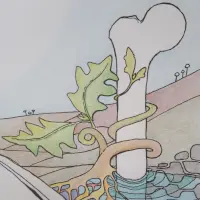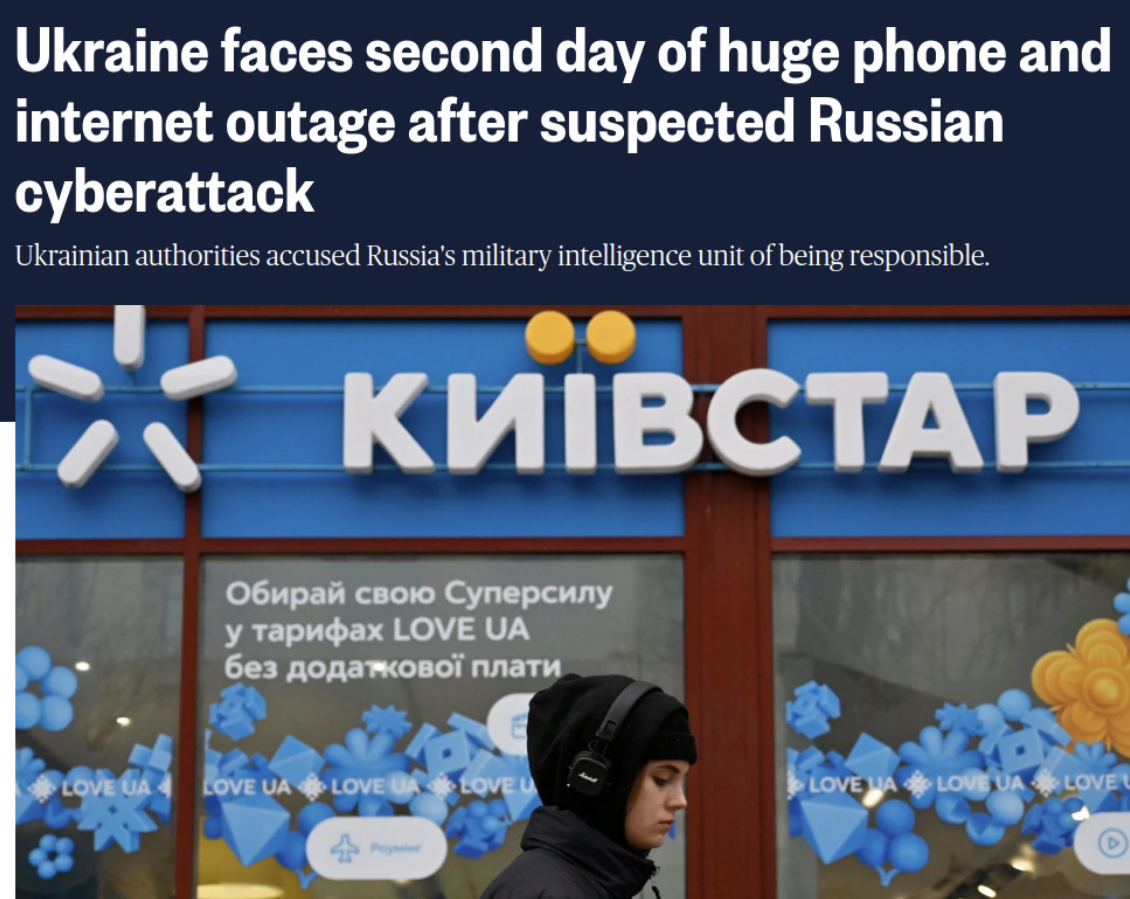once every year since 1995 or so, lately every week?
schmorp
bog creature
- 49 Posts
- 20 Comments

 1·28 days ago
1·28 days agoA web portuguesa e uma teia de horrores. Porque 1000 captchas em cada página login? Nenhuma das páginas do governo, ou qualquer outra, funciona? Quero ser offline outra vez, já não quero mais disso

 6·28 days ago
6·28 days agoWhy should the homeless have no right to organize? It’s funny that the only places with (rough but efficient) functioning self-organization I could find so far were among the homeless and the small folk. Those with stuff left to protect are too much up their own arse to want to play well with others.
Also, the plans to get off the street are real, most of the time. Every kindness you show is a seed that one day will point towards the right direction.
I’ve been hanging out with the homeless as a kid, and lived on the streets for a few months as a young adult, travelling and panhandling. I met many very kind, and often very damaged people. They are on the streets because it’s for a variety of reasons the only option they can manage, not because they enjoy scamming you out of a few coins and do nothing all day.
If you are concerned about your money look at the suit wearing people, most of it ends up with them.

 5·28 days ago
5·28 days agoImprove your local community in other ways. Or give in other ways. Not sure what would apply in your local community - I live in rural Western Europe and that’s very different from what you describe. People here set up donation boxes, swap shops, create food banks, organize markets, create safe spaces for minority groups, community gardens … mostly volunteering time. Not sure you are in the position to do this? Sorry things are so heartbreaking. I hope we all figure this out soon.

 3·28 days ago
3·28 days agoHow did you like Georgia? I keep beong obsessed by it (because music).

 31·28 days ago
31·28 days agoHow did you address your trauma? What methods did you find worked?

 254·1 month ago
254·1 month agoThispunk.

 11·1 month ago
11·1 month agoThe farmers themselves have to come to their senses as well and support these government reforms or eventually the crime gangs might take the land and eat the owner. After that is done I hope we can return to a commons system of land use.
They help with slowing down, degrowth, a meditative life. Although the speed depends a lot on the motivation of the donkey. Towards home and a bucket of food they might reach ludicrous speeds temporarily!

 82·1 month ago
82·1 month agoHmm, the farmer interviewed in the article farms 570 ha - maybe consider a restoration of smaller-scale farms and restoration of the commons before complaining about criminals roaming lands the size of an entire village?
The concentration of ownership into fewer and fewer hand means that smaller farmers had to sell out to the big guys, a process that has been going on for very long. When there is nothing left but large swatches of land owned by single persons what is normal folk supposed to do? Turn into serfs again? It’s not even possible anymore because most farmers will just import the cheapest farmhand from other countries because nobody can live a dignified life from the pittance they pay workers.
Not to forget, with large areas of land in a single hand comes monoculture and all the destruction associated with it.
Fuck it, distribute the land to the crime gangs and teach them how to garden.
My dream is to use the donkeys as my main means of transport. I’ve had so many cars broken recently, I don’t know why I bother anymore.

 01·2 months ago
01·2 months agoWhere I live Mimosa kills everthing where it grows, so does Eucalyptus. But watching (and unsuccessfully fighting it) during two decades I find that it ultimately can’t outgrow the native species, it finds a more humble place in the landscape with time. Yes we shouldn’t stupidly introduce new stuff left and right, but the idea that invasives could be removed entirely feels entirely impossible (how? and where to draw the line?), and also frighteningly fascist, to me. Managing a landscape by building diverse ecosystems where the ‘invasives’ have place and function seems to be a more fruitful (!) thing to do imo.

 01·2 months ago
01·2 months agoSounds too much like ‘the war on weeds’ only for humans. Still no thanks. We can grow smaller but lets take it easy. Also if we squash ourselves back who is gonna fight the invasives (/s because I don’t think the term even makes sense)

 01·2 months ago
01·2 months agoYou decide which human is invasive? No thanks. As for invasive plants, are we going to take all our agricultural plants back to where they came from as well?

 01·2 months ago
01·2 months agoEvery plant in the garden and in the surrounding landscape has a use. There is no weed. Learning how to use plants again is important!
Captcha buster is taking care of the captchas now at least. A robot that proves I’m not a robot. Is this the singularity yet?
I guess every case is different - and you have to figure out what works for you.
Recently I had to replace my laptop, and as I use it for work I have no choice but going for a not too old model and install a double boot with Windows. I’d rather not, but there we are.
Phones, not sure, I use mine to read lemmy posts, but also for online banking and paying stuff, and taking photos of plants and mushrooms that I want to identify. But I also dislike having the phone with me all the time and wish I could return to dumb phone and restrict my social media use to the laptop. One could get used to pay stuff in town again, and have a sketch book and some pencils for the plants and mushrooms.
As for e-waste/energy waste - there also seem to be a lot of different approaches. How far do you want to go to restrict your energy use, for example, given that each transmitted byte costs energy? Some people will want to become amish-ly strict and will allow only the most essential snippet of text, others don’t want to give up their daily moving cat picture with bells and whistles and a pop tart …
‘Anti Prom’ in a library sounds like an event I’d attend. I’d prefer it with snakes though.
To really explain in depth what seems to be an approach of engineering and new age quackery would go too far here. I’ll try to be short:
Solarpunk (the main topic of the instance where Permacomputing is at home) tries to imagine a (near and implementable) future where humans manage to live in harmony with nature, not to return some more primitive way of life of the past, but instead come up with a mixture of modern tech and traditional techniques of community land management, a lot of it copied from native land management techniques.
These techniques (often summarized under the term ‘permaculture’) aim towards a land management that is less energy-intensive than our current modern agriculture. This can be achieved by mimicking (or modifying) naturally existing ecosystems and turning them into food landscapes. A lot of resources in these landscapes are circled, instead of bringing in large external inputs.
A few people have taken this approach and apply it to computing, and try to redefine how we could use the internet in less energy-intensive and more human ways and work with what we have at hand.
I could have written your comment some five or six years ago, before I saw how permaculture worked and that it worked, but ‘let nature do the work’ is definitely a thing compared with how we got used to do stuff in the fossil fuel industrial era.










Go solarpunk!